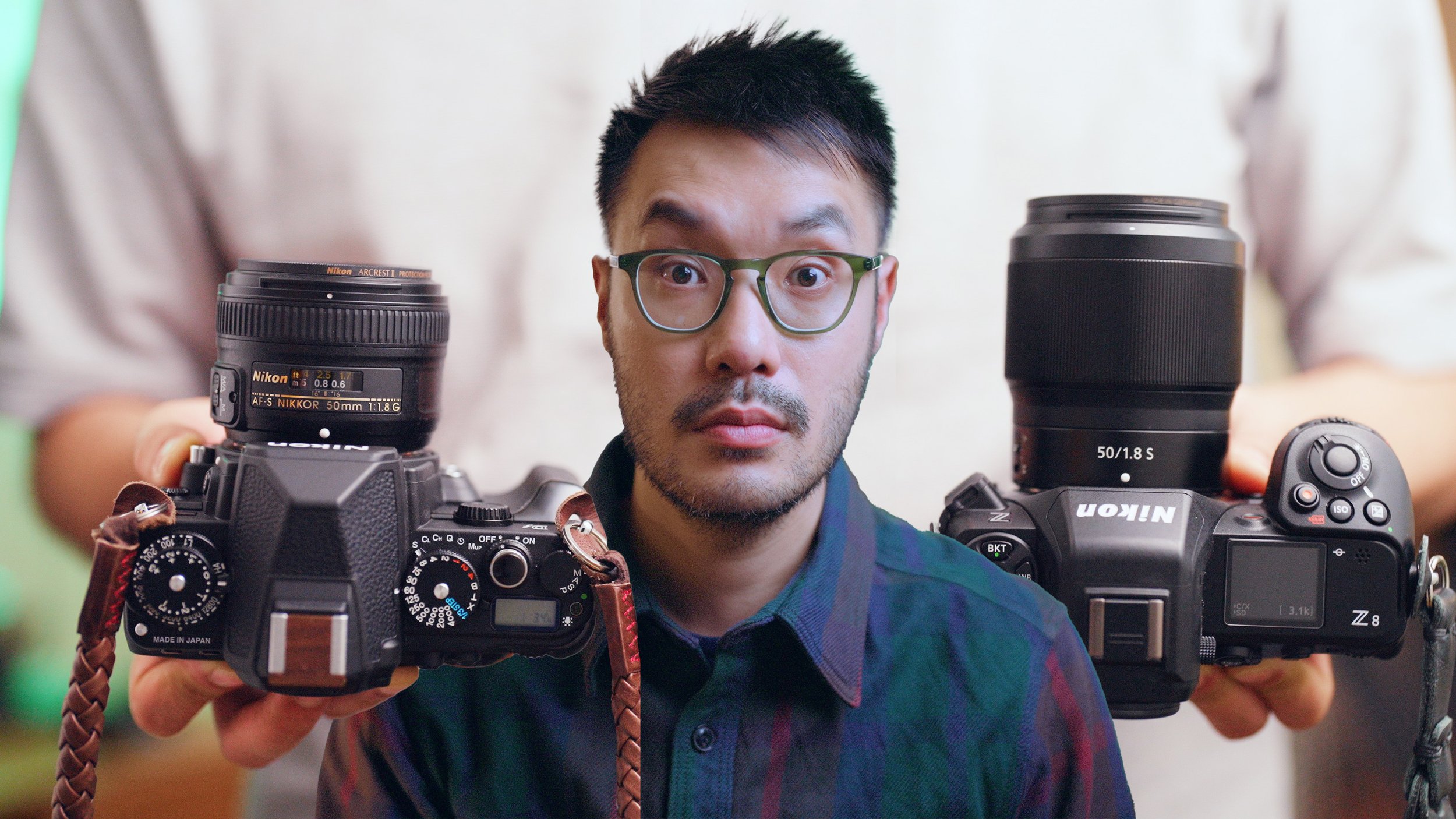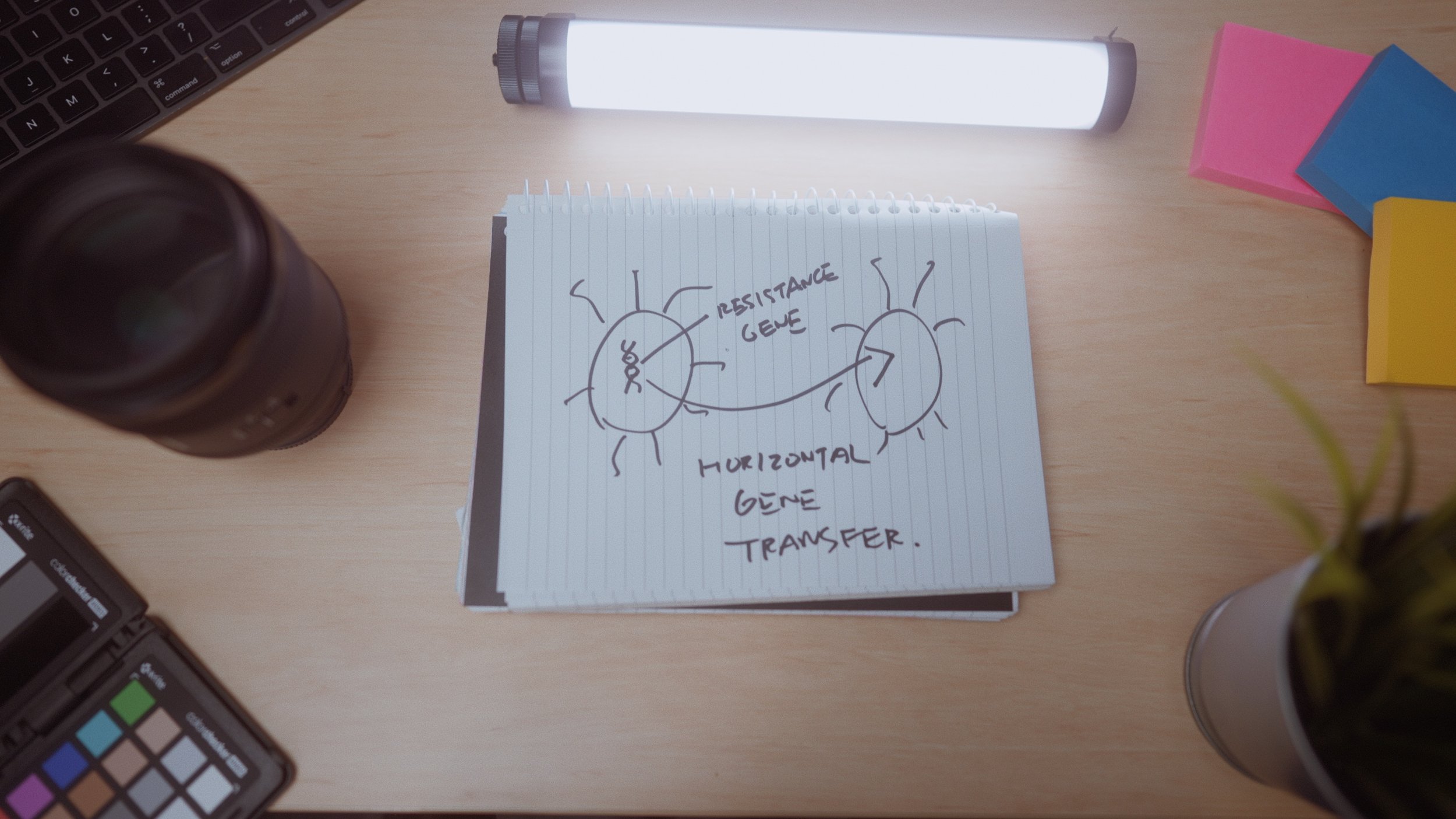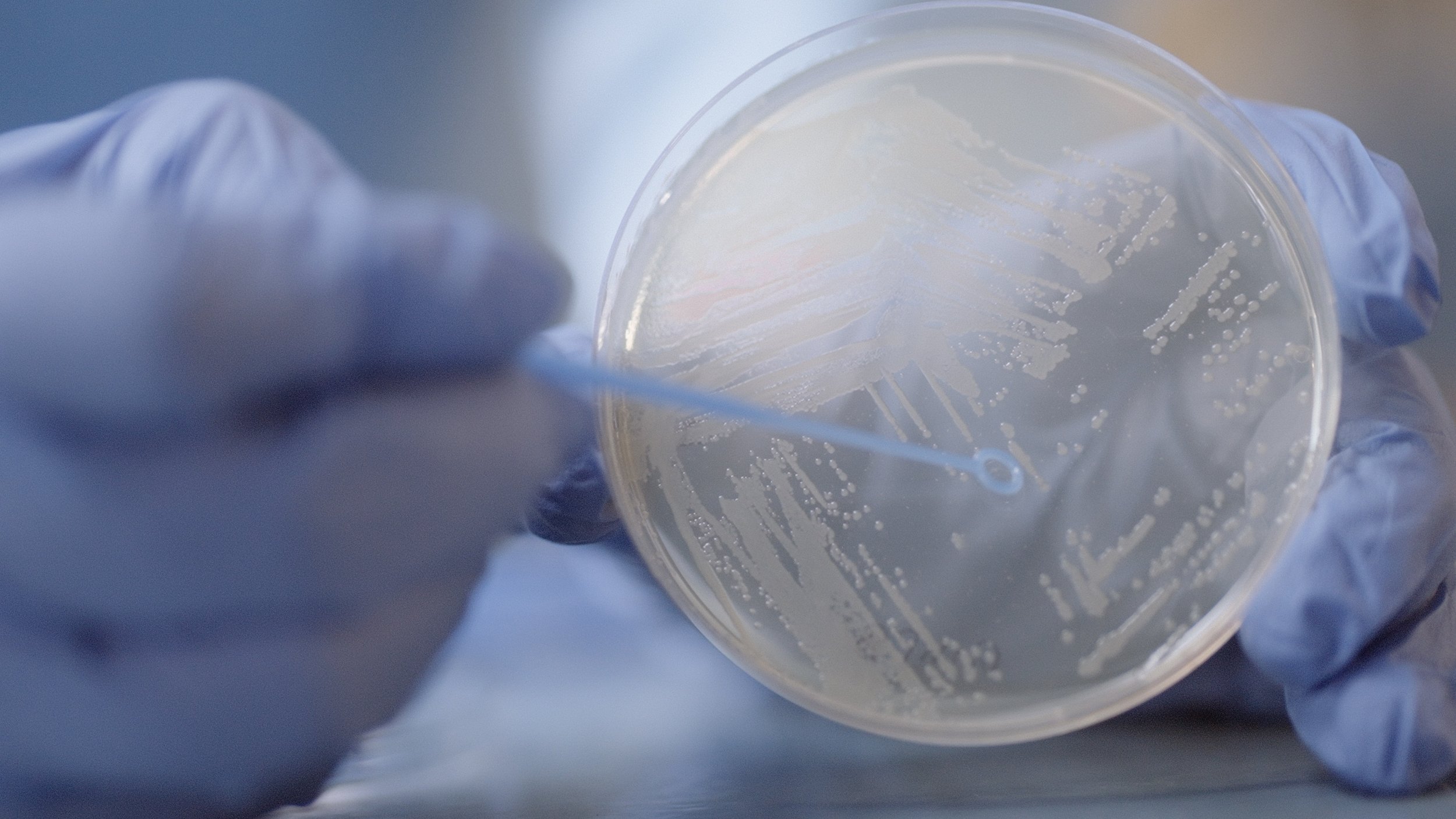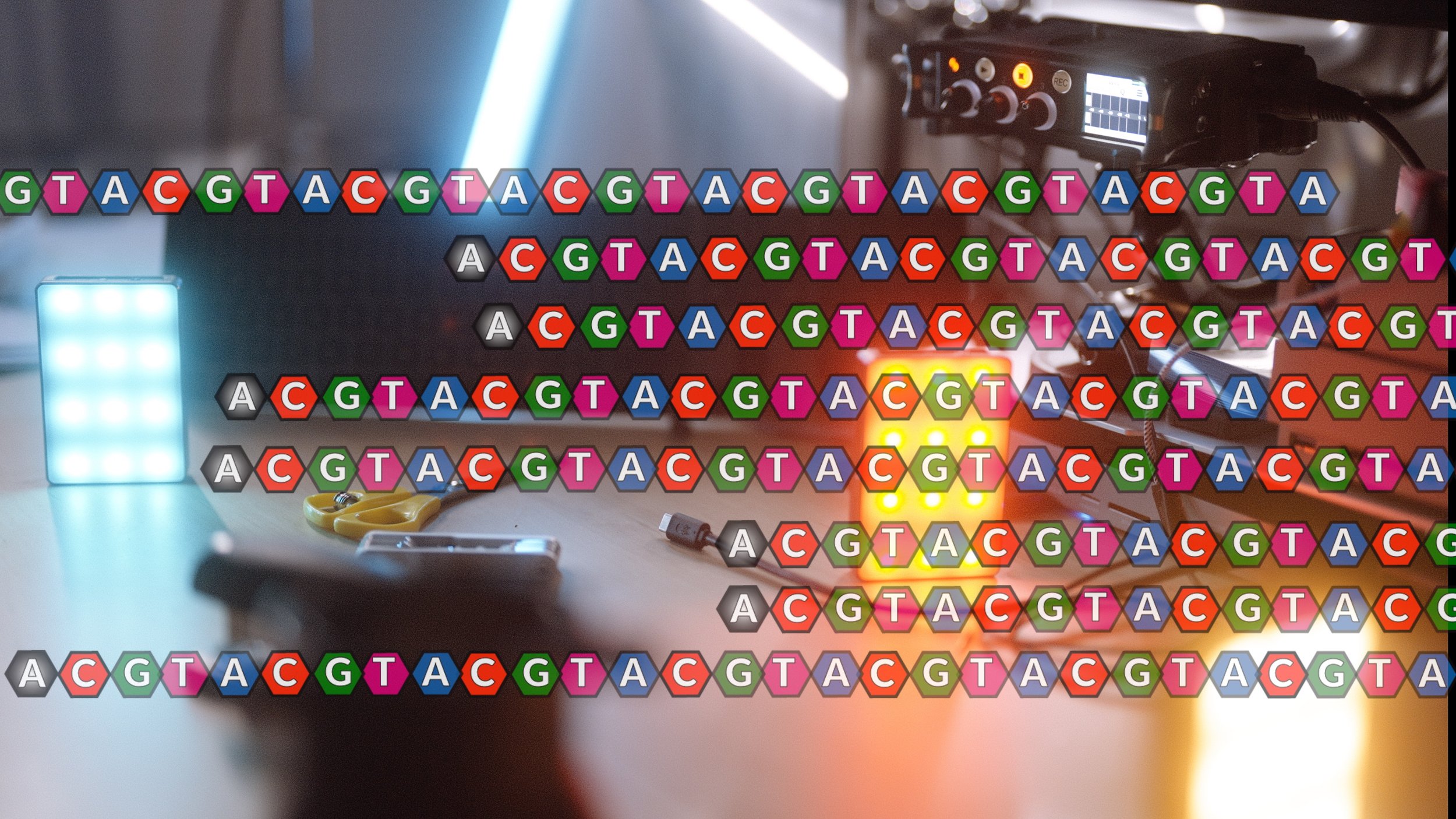

How to make a Superbug
9 September 2022
It is always scary when someone in your family is admitted to hospital, even if it’s just a routine procedure. No-one wants to stay longer in hospital than they have to, and healthcare-acquired infections happen all the time. These are infections that immunocompromised patients catch while in hospital, which are increasingly caused by superbugs that cannot be killed by any drugs on the market. Prevention is always better than cure, so how do we prevent superbugs from emerging in the first place? Today we are talking about superbugs - what they are, why they are becoming more common, and how a scientist can create a superbug in the lab to better understand this whole process.

Troubles (Part 1)
19 August 2022
Laboratory training is a rare, expensive, and time-consuming process, especially in research and development or R&D. You’re not just repeating someone else’s perfected standard operating protocol, it is up to you to design all the steps and make sure they are foolproof. In learning it’s not enough to copy the perfect version of events that someone else has mastered, you have to know all of the ways something can go wrong so you can reverse engineer and troubleshoot any situation. Troubleshooting experiments is a complicated topic, and over the next few weeks I am trying to break this down for students across different lab techniques. Today the focus will be on antibiotic sensitivity testing - the experiments that will flag any new superbugs that will cause havoc in the population because none of the available drugs we have can kill them.

Home Alone
28 July 2022
Study hacks, and quick and easy ways to learn are all over the internet. “Why I stopped going to class and so should you” is one of the more clickbaity titles, and it sounds like the dream - learn at home, at your own pace, and spend the extra time getting paid for work experience while you study. I’m travelling right now, and in many ways my job is flexible enough to accomodate this. I can watch short videos, tweet, respond to email queries, and livestream my conference talk remotely, all while travelling. If it works for the teachers, why doesn’t (or shouldn’t) this work for students? The truth is that it does work for some students, but they are the exception, not the norm. Let’s talk about why this is the case, and dive into a few study strategies that may help you study online more efficiently.

Time Off
20 July 2022
What do teachers and professors do in our time off? Well it depends on what we’re taking time off from. It’s currently the week before the teaching semester officially starts, but I’ve been preparing for this unofficially for months. What type of preparation do we need to do before a single student shows up to class? Let’s dig a little deeper - a teacher’s day in the life leading up to the start of semester.

The “Controllables”
15 July 2022
Biology and the molecular biosciences is a discipline of nuance and subtlety - our “breakthrough” discoveries are not dramatic in the moment - a slightly darker colour change, a small band appearing, or a reading that is slightly lower or higher than we expected. This reflects the complexity of organisms and how tightly constructed every part of our biology is. Even a 5-10% shift in gene expression can mean the difference between normal cell growth and cancer. A 5-10% difference might also mean nothing - it could just be the statistical margin of error. The thin line that separates genuine breakthroughs from random background noise only exists if we can control as many experimental conditions as possible.

The Mimic
8 July 2022
It’s your first time in a lab, seeing all the chemicals, liquids, glass beakers, and sharps - all you’re trying to do is not get hurt or break something expensive. You’re somehow supposed to follow a huge list of complicated instructions using equipment you’ve never seen before to do an experiment you’ve never heard of before. Everyone says lab skills are essential for finding jobs, but is it this hard for everyone? Feeling like you don’t know where to start is very common. You need a plan and systematic strategy for learning, especially when it comes to complex professional skillsets like lab techniques. Today let’s assume we’re all novices starting from the beginning, and talk about how to get the most out of lab classes using the mimic or copycat method.

Nature vs Nurture
29 June 2022
Despite my original plans at the start of my training, I am by no means a bioinformatician. I studied degrees for both science and information technology, but I quickly found out that i would be better suited as a bioinformatics end user rather than a developer. All the software engineers in my classes had been coding since they were toddlers, but for me it felt like learning how to ride a unicycle upside down. It’s pretty embarrassing to struggle so much in programming 101 but some people’s brains are just innately better tuned for computer programming, just like others are naturally talented at music or art. It doesn’t mean we should avoid the things we aren’t naturally talented at, in fact there’s a lot to be said for knowing how to learn under non-ideal conditions, and having an interdisciplinary overview of different skillsets. Biologists need a better understanding of bioinformatics, just like software engineers need to know more about biology.

Closing the Loop - Conference Diaries Vol III
22 June 2022
I’ve just finished up presenting at my first in-person conference in over two years, and I’ve connected with many amazing teachers and contacts. As I wrap things up on the trip I need to make the most of the fleeting moments of network building and make sure the trip was worth it for my professional development. Travel has a baseline level of stress already so it can be really easy to lose track of every new thing you learnt or any new connections you’ve made. How should you close the loop and solidify all of the progress you made on this work trip after you’ve come home?

Why I Became a Teacher - Conference Diaries Vol II
15 June 2022
There has been a wave of transformation across education to say the least. Our new normal is trying to predict the unpredictable - class sizes, delivery modes, technology, all can change or evaporate overnight. As much as teachers champion life-long learning at university, I don’t think we quite bargained for a life-time of learning condensed into such a short time. With so many things up in the air, it is more important now than ever before to reflect on our origin story in education. What motivated us to become teachers in the first place has to be what keeps us going in this time of uncertainty.

In Transit - Conference Diaries Vol I
9 June 2022
Travel is just opening up again, I recently attended my first in-person conference in over two years. I’ve been to my fair share of conferences, but it’s been a minute and I felt a familiar sense of nerves creeping back in. I’m sure students and ECRs about to attend their first conference have similar sentiments of anxiety, and are a bit tentative about what to make of the whole experience. What should you be aiming to get out of this conference? What I’ve found over the years is that shifting the focus away from my own neuroses towards what I can do for others allows things to click into place. How can you help the conference organisers, your supervisors, or other students on the trip? How does your work allow others to accomplish something meaningful? When you do this consistently, you’d be surprised how much value you get out of the experience for yourself.
